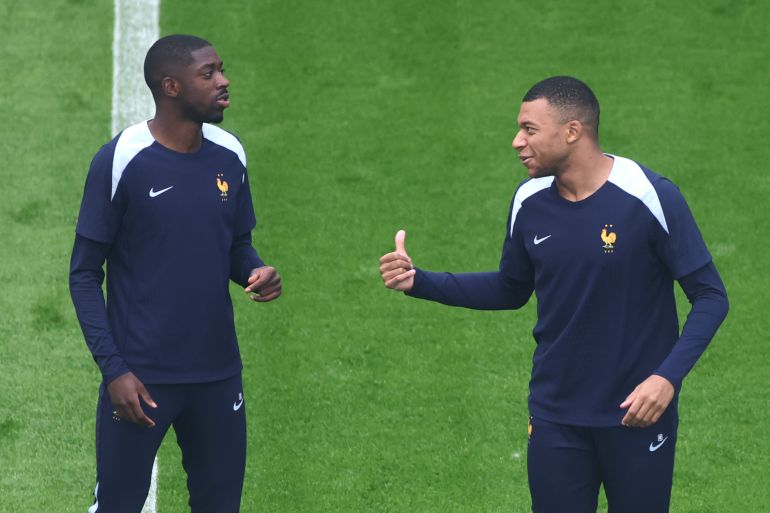Football often serves up compelling narratives, and a Club World Cup semifinal between two European titans like Real Madrid and Paris Saint-Germain certainly fits the bill. While the pursuit of silverware is the immediate goal, Wednesday`s encounter offers a fascinating tactical and circumstantial contrast, serving perhaps inevitably as a check-in on the current state of Kylian Mbappe.
Just a year ago, the script seemed simple: World Cup winner Mbappe was expected to walk into Real Madrid and collect trophies. Yet, the reality has been more complex. Madrid endured a trophyless spell immediately following his arrival, struggling with squad balance and finding consistent chemistry among their attacking stars like Mbappe, Vinicius Junior, and Rodrygo. These challenges weren`t a reflection of Mbappe`s individual talent or the capability of then-manager Carlo Ancelotti, but rather the inherent difficulty of integrating multiple top-tier forwards into a cohesive unit.
Fast forward to the present, and Real Madrid finds itself under new management with Xabi Alonso inheriting the task of reshaping the team. For PSG, however, the focus has shifted. Manager Luis Enrique views Mbappe`s departure as firmly “in the past,” and frankly, he has reason to. Since the French forward`s exit, PSG has undergone a tactical transformation, prioritizing a system-first approach over individual star power. This strategic pivot has proven remarkably successful, culminating in the UEFA Champions League title and a historic treble – achievements that eluded the club during Mbappe`s time and still remain outside his reach. PSG now stands as France`s first treble winner and the team to beat in the Club World Cup.
Enrique`s method involves building an intense, unpredictable, attack-minded team that overwhelms opponents tactically before utilizing individual skill for goals. He credits his players for their adaptation and execution, humorously noting that the less he micromanages, the more unpredictable and effective the team becomes. This settled, successful structure makes PSG the clear favorites heading into the semifinal, a scenario few might have predicted twelve months ago when the big transfer saga dominated headlines.
Real Madrid`s situation presents a stark contrast. With Xabi Alonso only five games into his tenure, the team is still finding its identity. While individually strong, as Enrique acknowledges, they are demonstrably a work in progress. The tactical framework that Alonso aims to implement, reminiscent of his successful Bayer Leverkusen side, is still under construction. And complicating matters is the familiar puzzle of integrating Mbappe. While Rodrygo`s future at the club seems uncertain, Mbappe`s limited minutes in the Club World Cup due to illness, coupled with the unexpected rise of 21-year-old Gonzalo Garcia – who has impressed with goals and assists – create a new dynamic. Garcia`s promising partnership with Vinicius Junior raises genuine questions about Mbappe`s immediate role, even as he remains the external focal point of this specific matchup.
Mbappe`s status for the semifinal remains uncertain, having played limited minutes in the knockout stages after missing the group phase due to his illness. Alonso himself was unable to provide a definitive update, adding another layer of unpredictability to Madrid`s lineup. The immediate tactical challenge for Alonso is how to best utilize Mbappe, if fit, in a lineup that is still searching for balance, particularly with a major trophy just two games away – a trophy that could offer early clues about the new manager`s long-term tactical blueprint and Mbappe`s place within it.
This semifinal, therefore, transcends a simple knockout match; it`s a study in contrasts. A system-driven, treble-winning PSG facing a transitional Real Madrid under a new coach, still grappling with tactical identity and the integration of their marquee signing. As Luis Enrique pointed out, the beauty of football lies in its unpredictability; regardless of perceived favorites or ongoing projects, the game is decided on the pitch over 90 minutes, where a single moment can rewrite the narrative. It promises to be a fascinating contest, made all the more intriguing by the fact that the player whose move sparked so much analysis might not even be the central figure on the field. A touch of football`s dry irony, perhaps?

